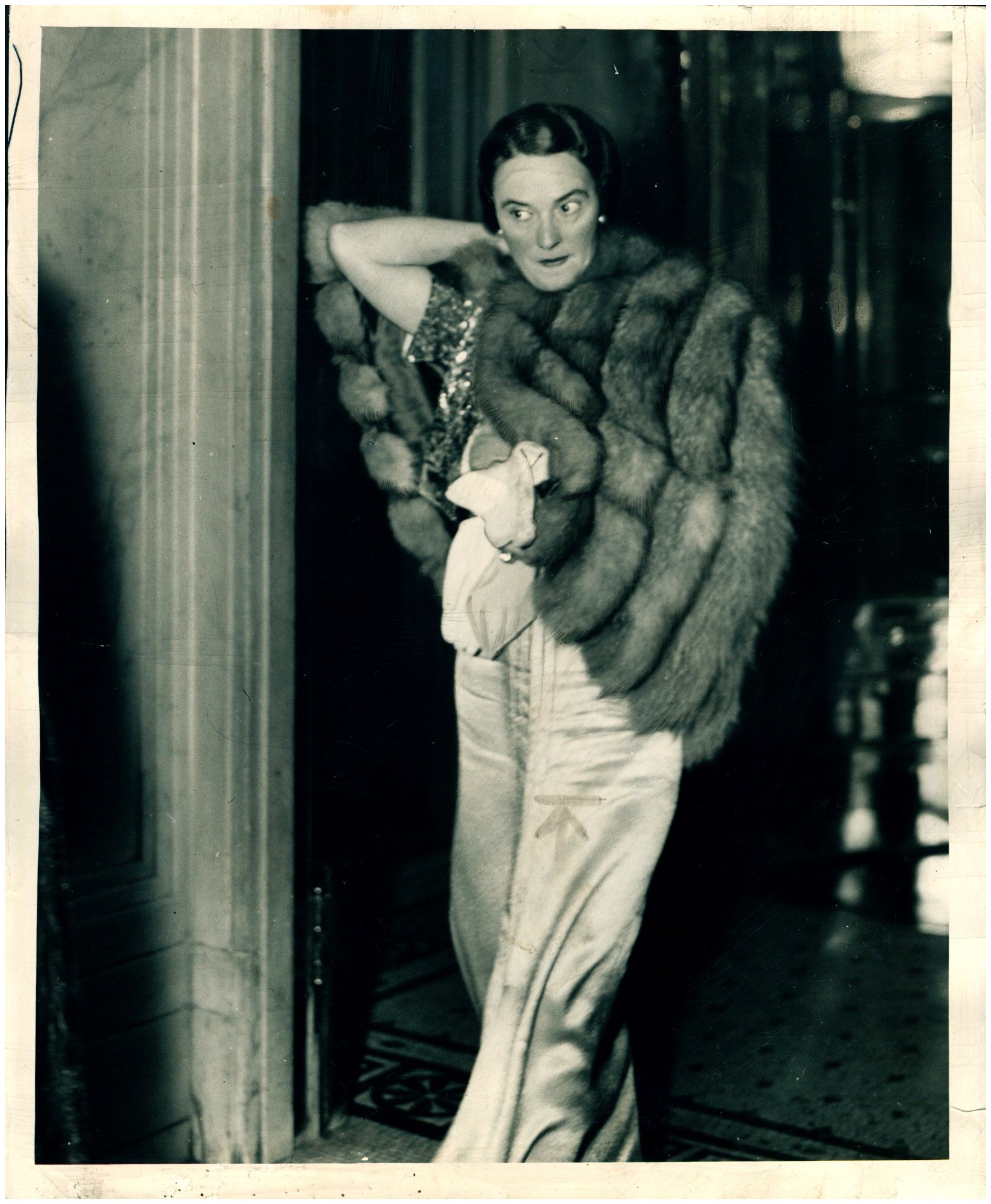Ginevra King: Not Just Gatsby's Girl
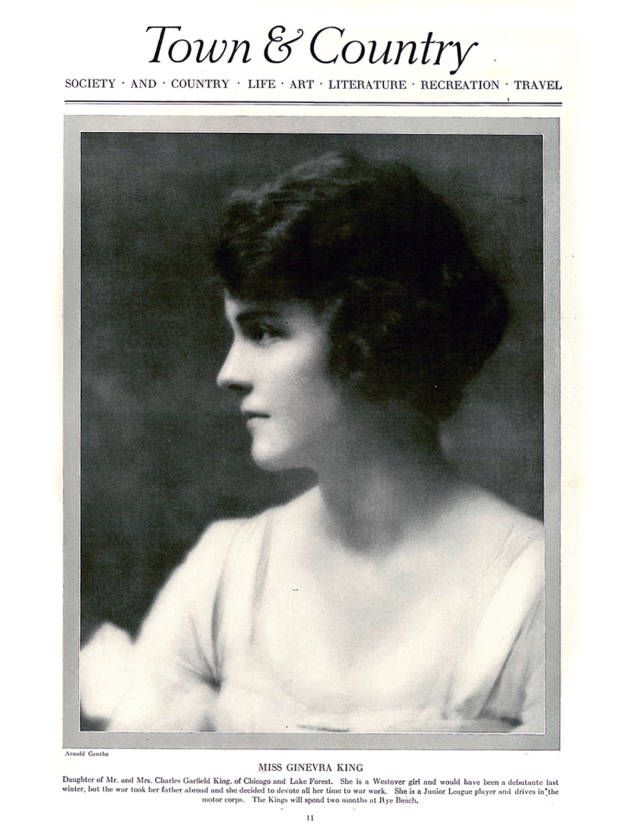
Though the rest of the world may conflate Ginevra King with the romantic heroines of her one-time beau, author F. Scott Fitzgerald, Lake Forest knew her as one of its own. She grew up spending summers on her family’s Ridge Road estate. Designed in 1905 by architect Howard Van Doren Shaw, the grounds included two practice fields and the barns had six pony stalls for her father, Charles Garfield King, a polo enthusiast.
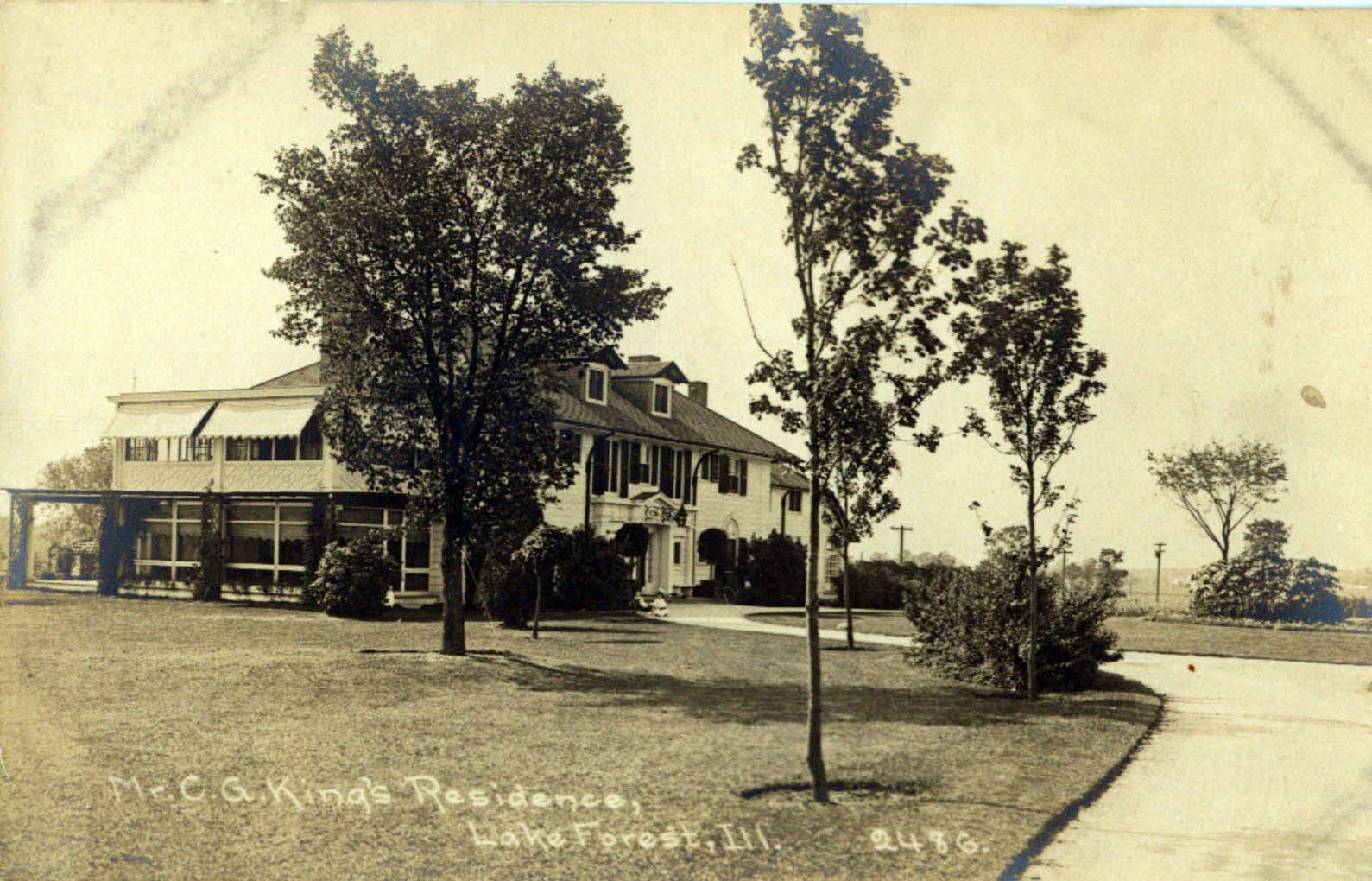
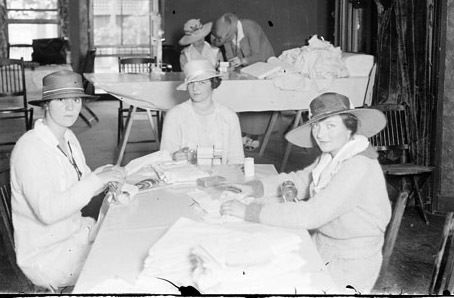
Ginevra King met F. Scott Fitzgerald when she visited a classmate in his hometown of St. Paul, Minnesota, in 1915. He was a student at Princeton and she was attending boarding school at Westover in Connecticut. They carried on a voluminous correspondence over the next few years, with occasional meetings.
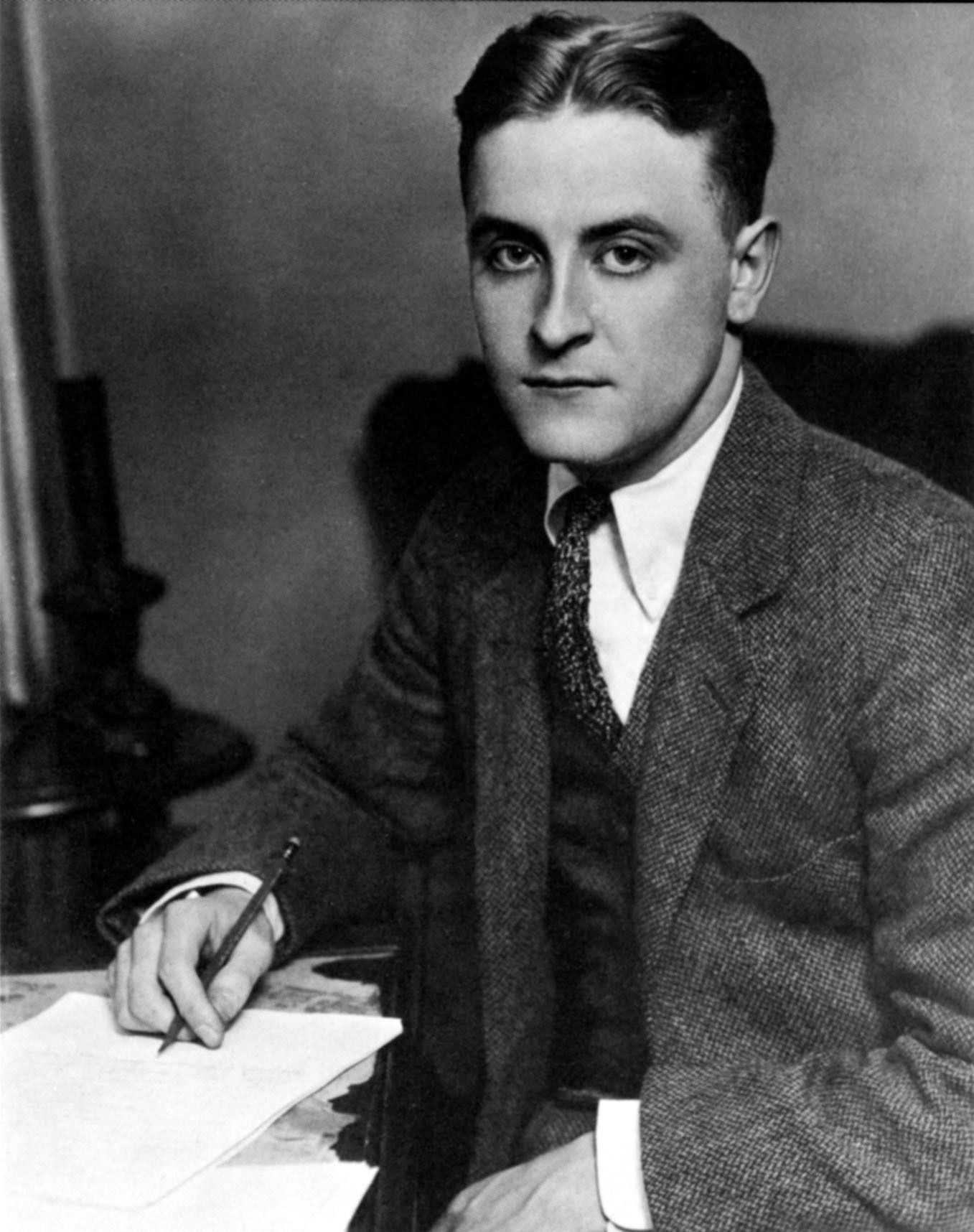
In 1916, F. Scott Fitzgerald visited Lake Forest and was dazzled by the glamour of the estates, country clubs and parties. However, his romance with Ginevra ultimately fizzled, perhaps in part due to a remark he heard during his visit to Lake Forest: “Poor boys shouldn’t think of marrying rich girls.”
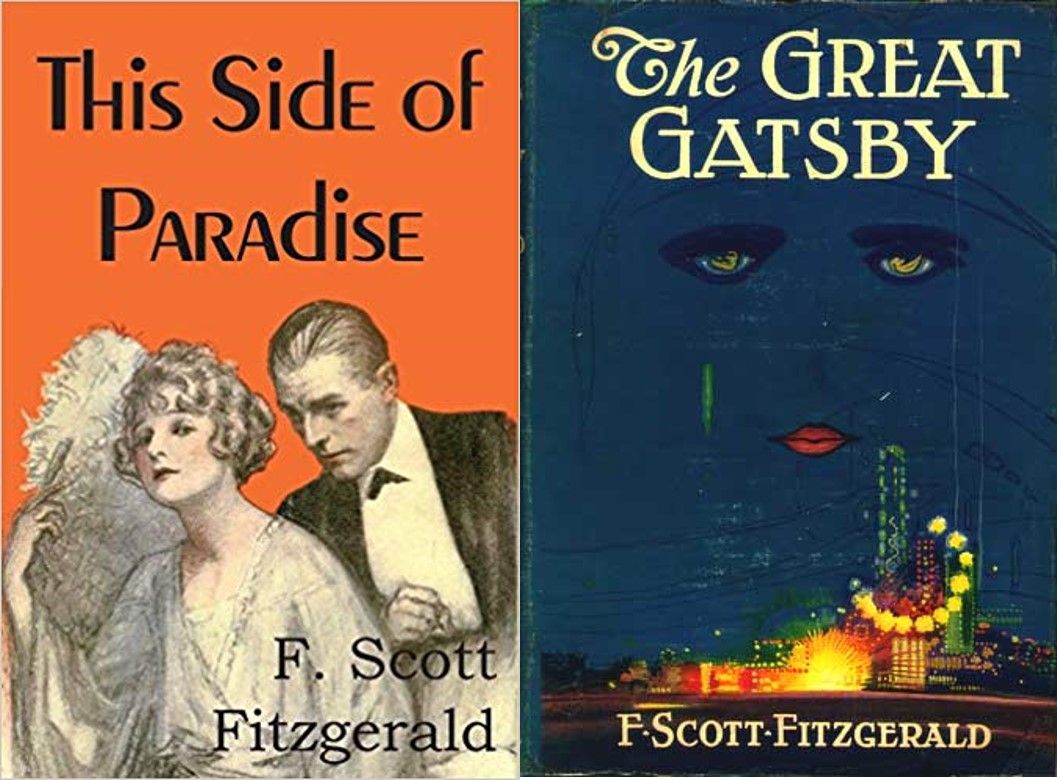
Fitzgerald, at least, was profoundly affected by the relationship; his experience with Ginevra inspired the creation of several leading female characters in his acclaimed stories and novels, including Daisy Buchanan of The Great Gatsby and Isabelle Borgé of This Side of Paradise.
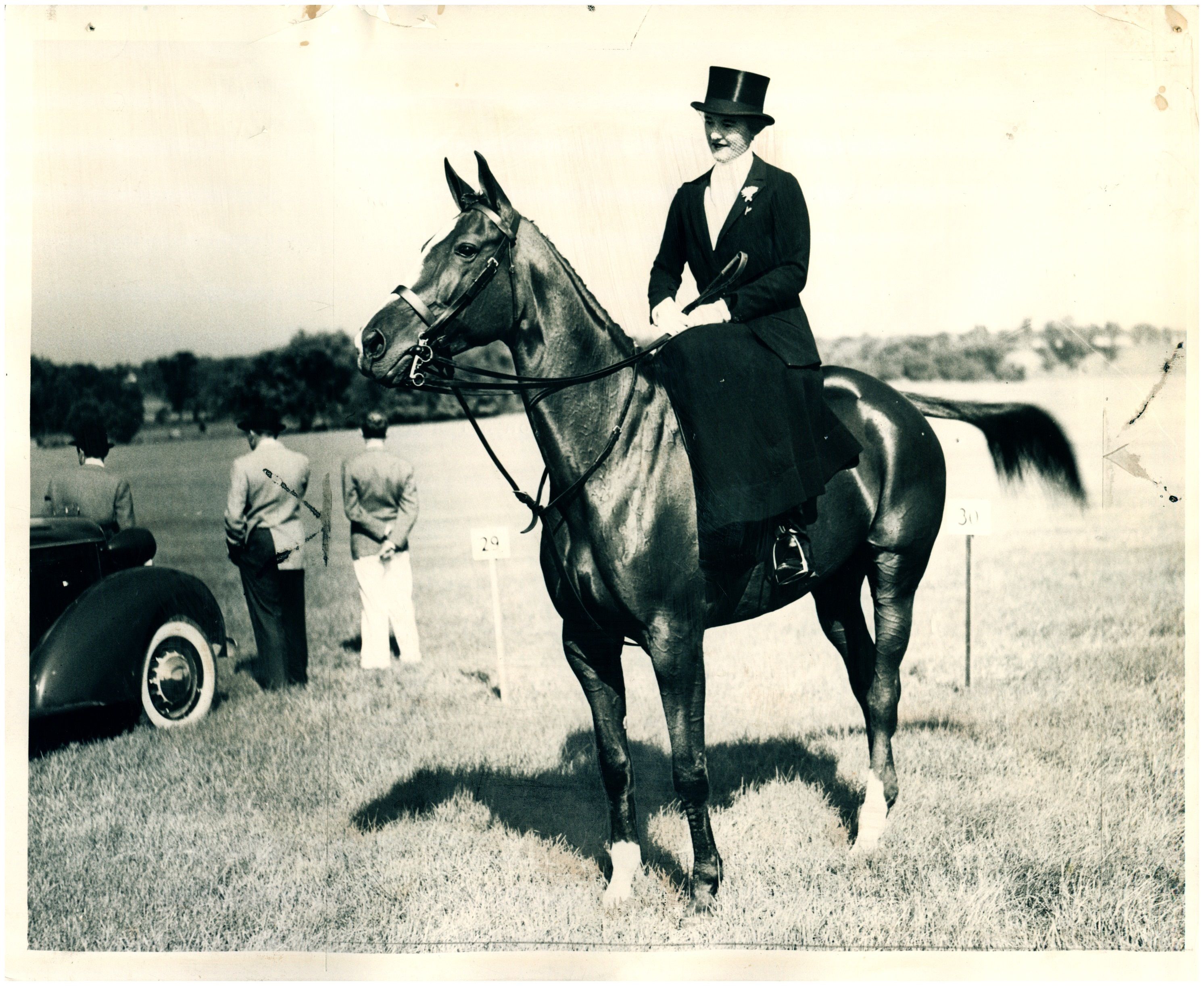
Though glittering and idealized by Fitzgerald, in many respects Ginevra King’s full, busy life contrasted with the languor of Daisy Buchanan’s. Polo and parties played their part, but she was also active in war relief work during World War I, was a member of the Lake Forest Garden Club, fought for repeal of Prohibition, and put in countless hours volunteering for St. Luke’s Hospital and the American Cancer Society.
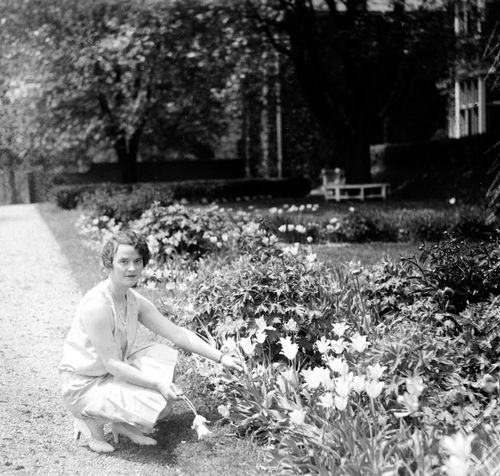
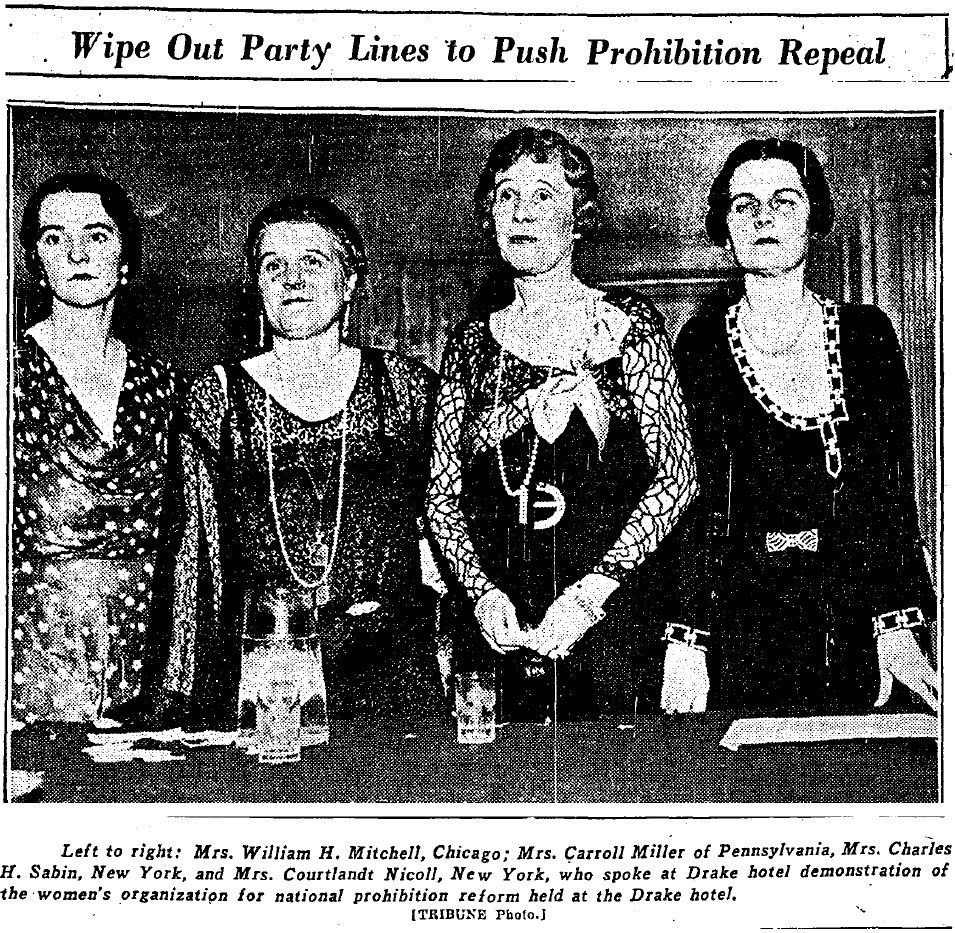
Ginevra King married investment broker William H. Mitchell Jr., a World War I Navy pilot, in 1918. They had three children: William H. Mitchell Jr., Ginevra, and Charles King.
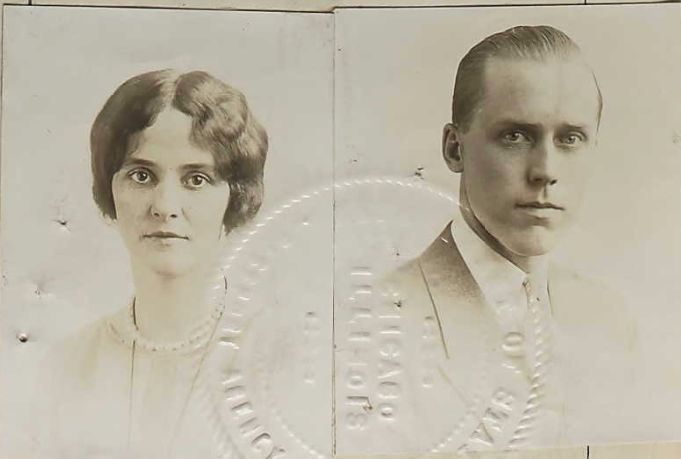
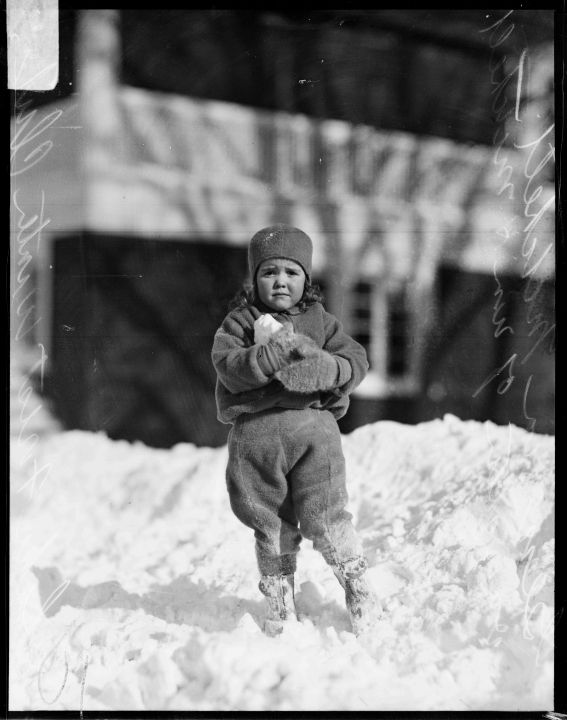
In 1939, Ginevra and William Mitchell divorced; she soon remarried, in 1942 to John T. Pirie Jr. of the Carson Pirie Scott department stores.
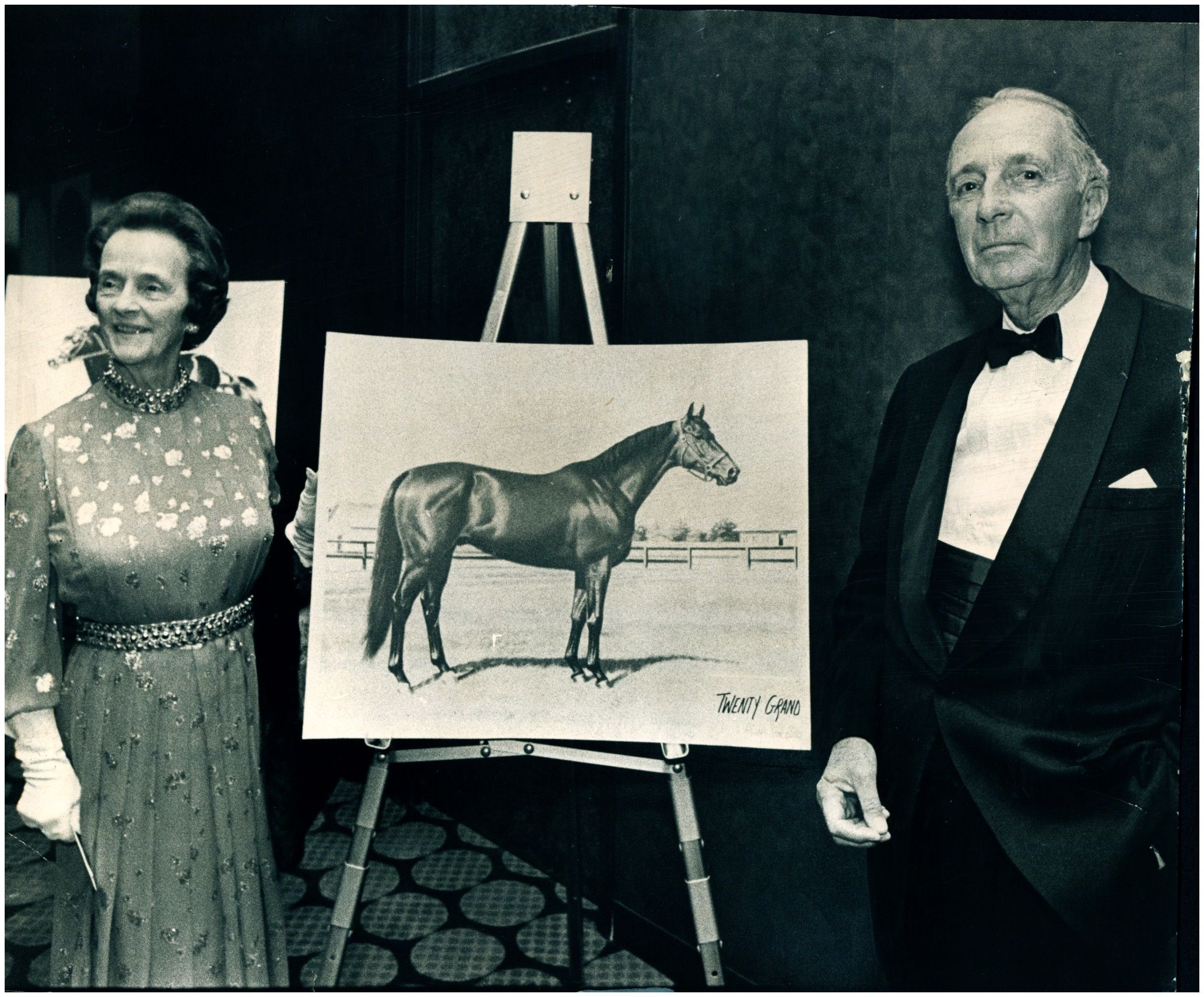
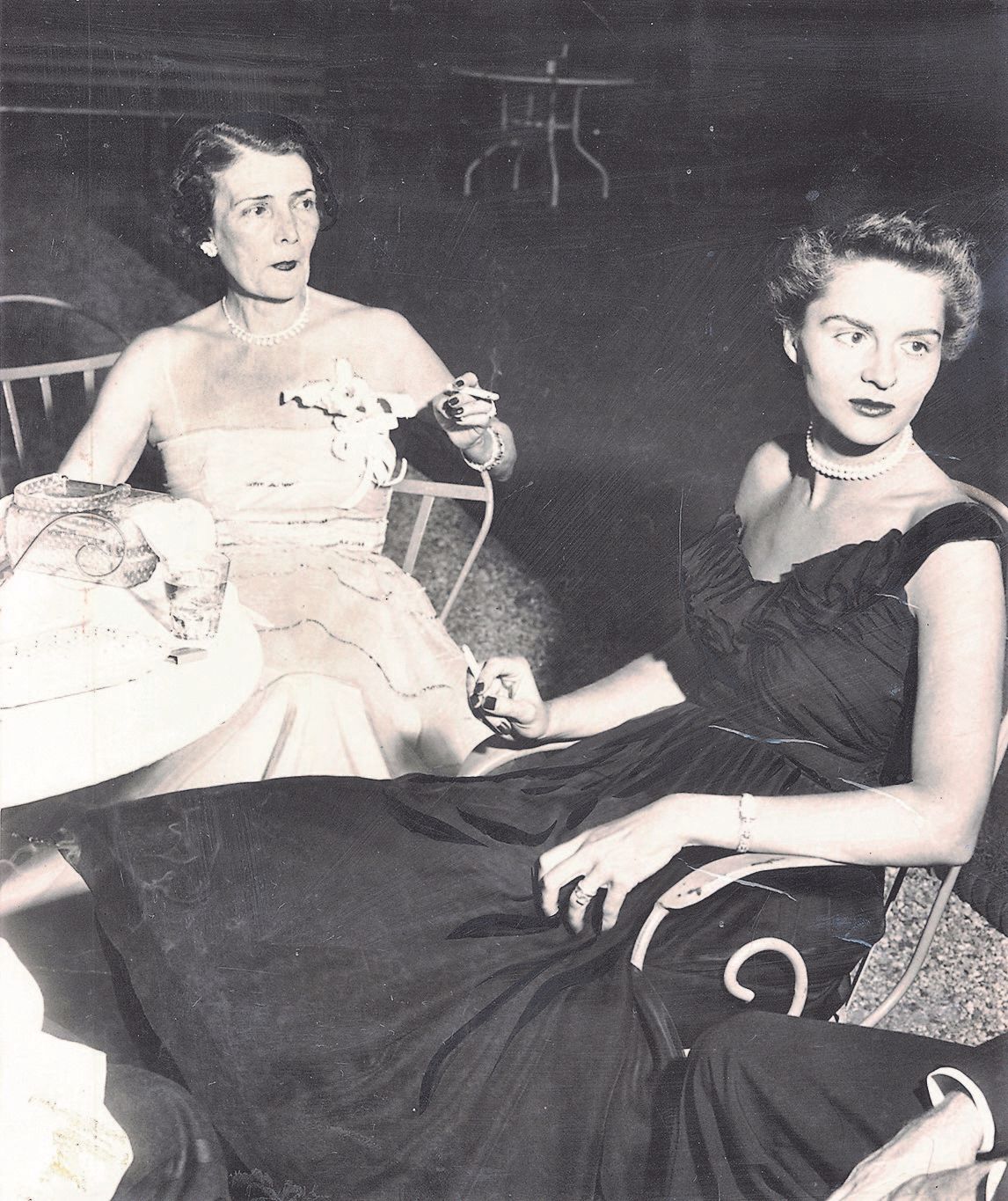
"Her voice...was full of money--that was the inexhaustible charm that rose and fell in it, the jingle of it, the cymbals' song of it . . . . High in a white palace the king's daughter, the golden girl. . . ."
- F. Scott Fitzgerald, The Great Gatsby
